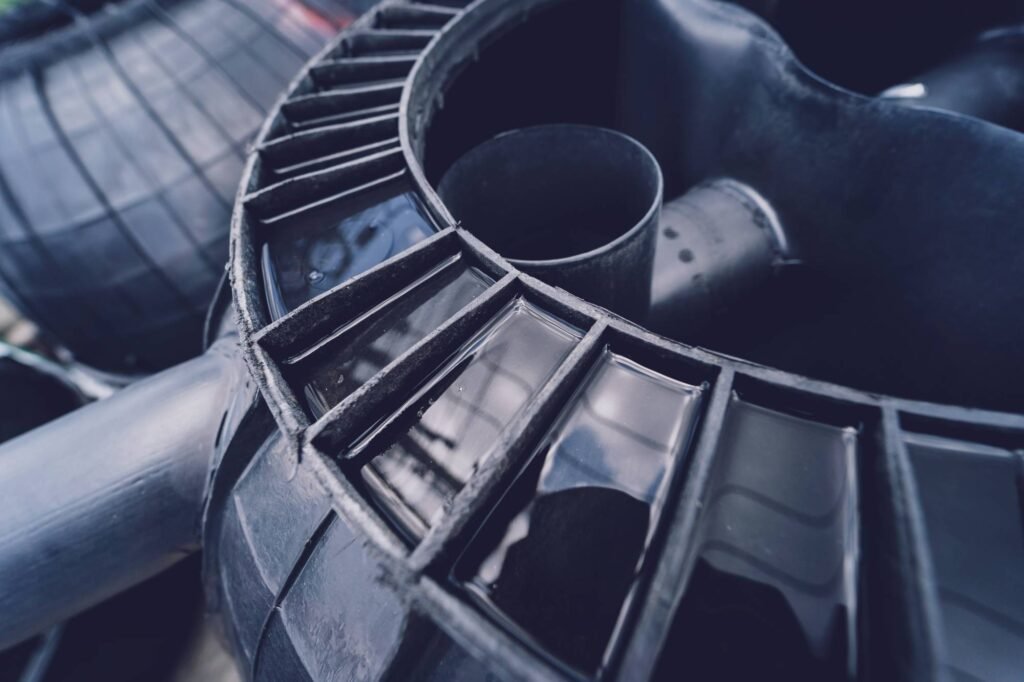Wastewater treatment systems play a crucial role in maintaining environmental sustainability. They are responsible for removing contaminants from wastewater before it is discharged back into the environment. Without proper treatment, wastewater can have detrimental effects on ecosystems, human health, and water resources.
1. Protecting Ecosystems: One of the primary reasons why wastewater treatment systems are important is their role in protecting ecosystems. Wastewater contains various pollutants, including chemicals, pathogens, and nutrients, which can have harmful effects on aquatic life and the overall health of ecosystems. If you are looking for a wastewater treatment system online, you can also check out this site.

2. Preserving Water Resources: Another significant benefit of wastewater treatment systems is their contribution to preserving water resources. Water scarcity is a growing concern worldwide, and proper treatment of wastewater can help alleviate this issue.
3. Preventing Water Pollution: Wastewater, if left untreated, can be a major source of water pollution. It can contain a wide range of pollutants, including heavy metals, organic compounds, and microorganisms, which can contaminate water bodies and pose risks to human health.
4. Protecting Public Health: Improperly treated wastewater can contain pathogens and other harmful microorganisms that can cause waterborne diseases. By treating wastewater, these pathogens can be eliminated or reduced to safe levels, protecting public health.
Overall, wastewater treatment systems are essential for environmental sustainability. They protect ecosystems, preserve water resources, prevent water pollution, protect public health, and even contribute to mitigating climate change.
